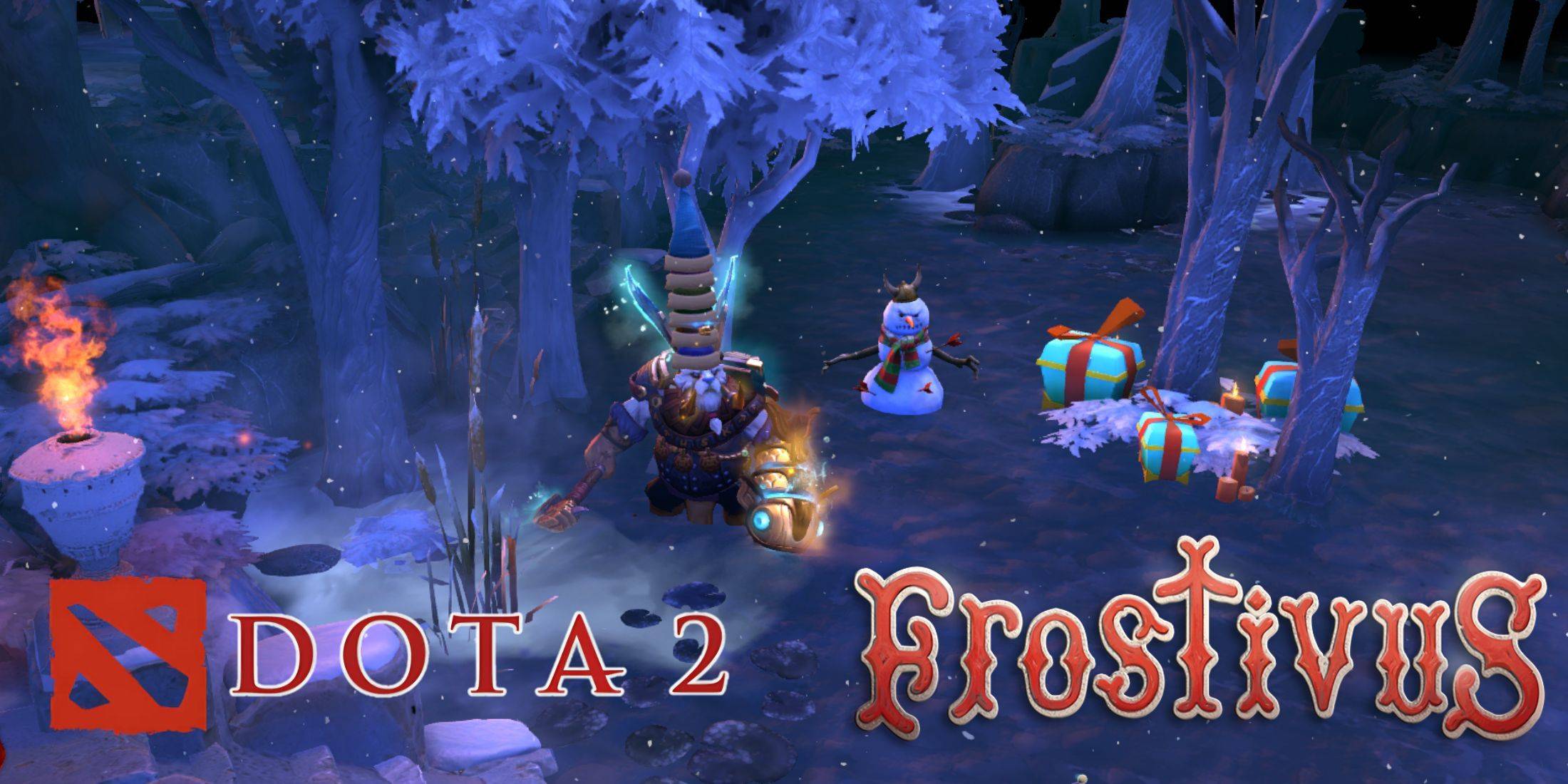
Bandai Namco's European CEO, Arnaud Muller, recently highlighted the significant risks associated with launching new intellectual properties (IPs) in the current, highly competitive video game market. This follows a year of industry-wide adjustments and a crowded release calendar.
Muller's concerns stem from escalating development costs and unpredictable release dates. He emphasizes the need for a "balanced risk approach," considering investment levels and the potential of both existing and new IPs. While he acknowledges the existence of "safe bets," he stresses the increased difficulty of successfully launching new IPs. The unpredictable nature of release schedules, with numerous high-profile titles vying for attention in 2025, further complicates the situation.
Bandai Namco's strategy involves prioritizing established franchises like Little Nightmares 3, leveraging existing fanbases to mitigate some of the inherent risks. However, Muller cautions that even established IPs aren't guaranteed success, as player preferences evolve. New IPs, with their substantial development costs, face a significantly higher risk of commercial failure in the crowded market.
Muller views 2024 as a "year of stabilization," but identifies three key factors for future market growth: a positive macroeconomic environment, a strong platform and install base, and the expansion into new, high-growth markets like Brazil, South America, and India. He also underscores Bandai Namco's platform-agnostic approach, expressing readiness to support new consoles like the upcoming Nintendo Switch 2.
Despite the challenges, Muller remains optimistic about the industry's future growth, contingent upon the successful launch of planned titles in 2025. His statements underscore the evolving landscape of game development and the strategic considerations required for navigating the increasingly competitive market. The images provided illustrate the article's key points.
 Home
Home  Navigation
Navigation






 Latest Articles
Latest Articles










 Latest Games
Latest Games












